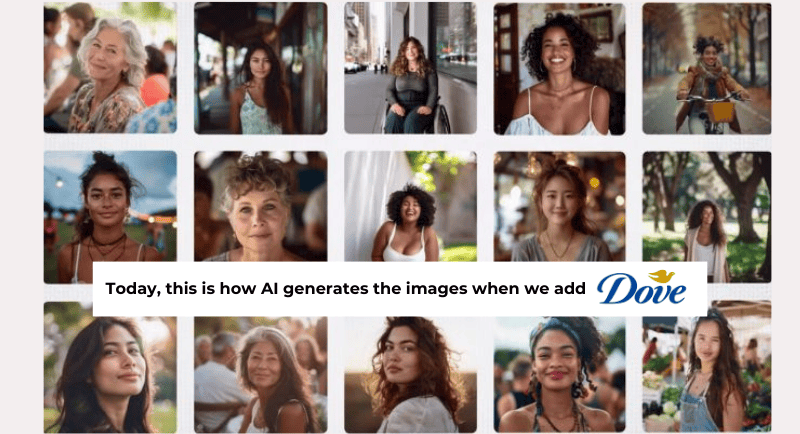Twenty years after launching its pioneering for Real Beauty campaign, Dove has renewed its commitment to real beauty in collaboration with the PR agency Forward, pledging never to use AI to represent real women in its ads.
In a full-circle move, Forward’s founder, Fergus Kibble, was part of the marketing team at Unilever that first launched the Dove campaign in Australia decades ago.
The initiative, termed The Code, responds to new global research commissioned by the Unilever-owned brand, revealing unprecedented pressure faced by Australian women as AI threatens perceptions of beauty.
The original 2004 campaign highlighted the statistic that only 2% of women considered themselves beautiful at the time. It went on to challenge society, media, and the beauty industry to change their representation of women, be transparent about digital distortion, and confront the harmful impact unrealistic beauty standards have on women and girls.
The most recent study, The Real State of Beauty: A Global Report, is one of the largest conducted by a beauty brand. According to the study, AI is one of the biggest threats to the representation of real beauty, with 90% of online content predicted to be AI-generated by 2025.
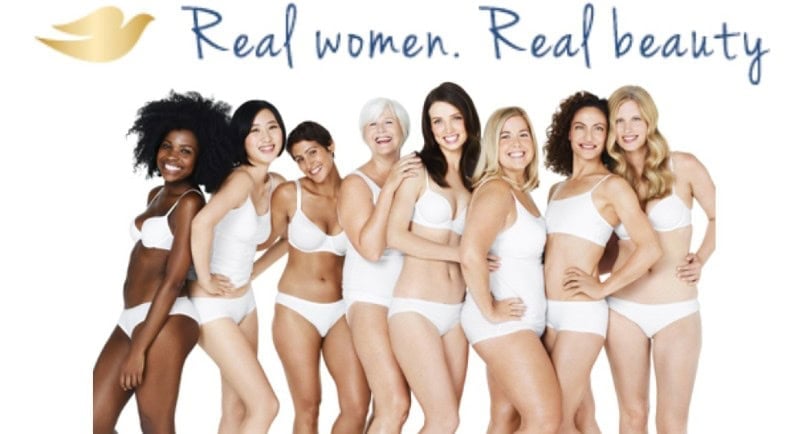
Dove’s original ‘For Real Beauty’ campaign
The study revealed the rise of AI threatens women’s wellbeing. Today, more than four in five Australian women say they have been exposed to harmful beauty content online. A significant majority recognise the prevalence of digitally altered images in the media, with 74% of Australian women and 68% of Australian girls acknowledging this reality. Yet, one in two Australian women still feel pressured to alter their appearance based on online images, despite knowing they are often fake or AI-generated.
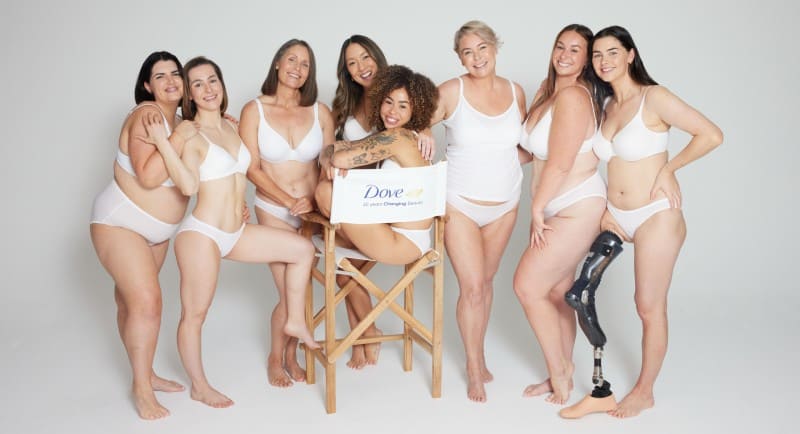
“As someone who has fought to redefine beauty standards, I’ve seen the harmful effects of unrealistic beauty ideals,” said Chelsea Bonner, CEO of Bella Management, who is partnering with Dove.
“AI-generated content only worsens this issue, bombarding us with unattainable images. Dove’s commitment to real beauty, refusing to use AI generated imitation humans in advertising and promoting transparency with the Real Beauty Prompt Guidelines are critical steps in protecting and celebrating authentic beauty.”
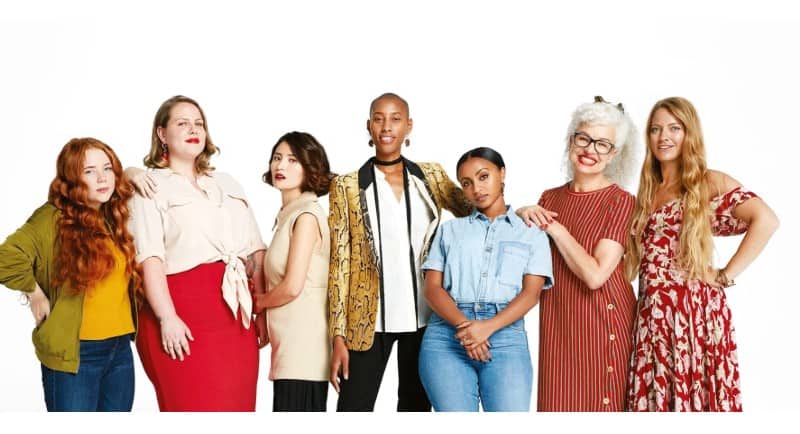
The Real Beauty Pledge
The study suggests beauty standards are becoming increasingly unattainable, with two out of three Australian women believing contemporary expectations for physical attractiveness surpass those of previous generations. Alarmingly, 44% of Australian women would be willing to sacrifice a year of their lives to meet societal beauty standards, exceeding the global average of 38%.
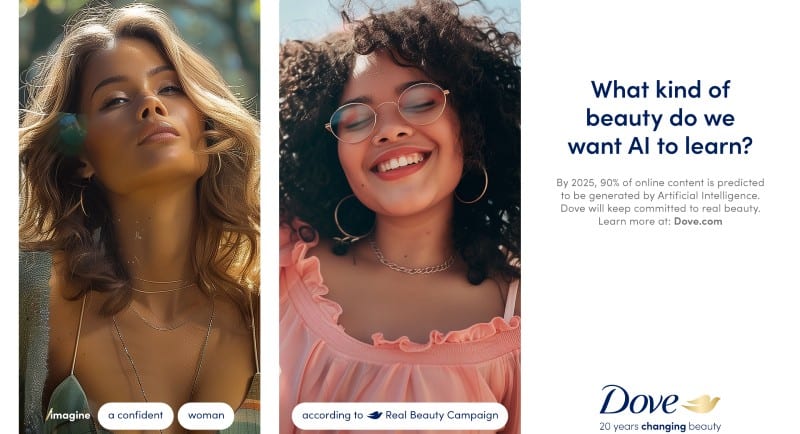
Dr. Phillippa Diedrichs, research psychologist at the Centre of Appearance Research at the University of West England and body image expert, said that while AI has the potential to foster creativity and access to beauty, there is still a need for greater representation and transparency.
“Despite 20 years of work to broaden definitions of beauty, women feel less confident in their own beauty than they did a decade ago,” she said.
“Representation is more important than ever. As AI technology continues to evolve, it is becoming increasingly difficult to distinguish between what is real beauty and what is manufactured by AI.”
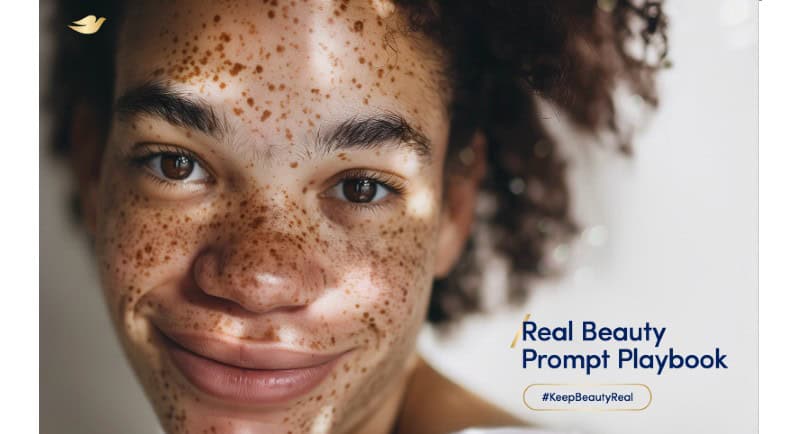
To help set new digital standards of representation in Australia, Dove has created Real Beauty Prompt Guidelines to guide the creation of images representative of real beauty on the most popular generative AI programs.
“Dove has always stood for real beauty, and our commitment to never using AI in our ads underscores our dedication to authenticity,” said Dove marketing manager, Tess Giordimaina.
“By introducing the Real Beauty Prompt Guidelines, we aim to foster a more inclusive and transparent approach to beauty in the digital age. It’s our mission to uplift women and girls everywhere and ensure they see their true selves reflected in the media.”
See also: The growth of AI influencers means transparency and authenticity will continue to be important
